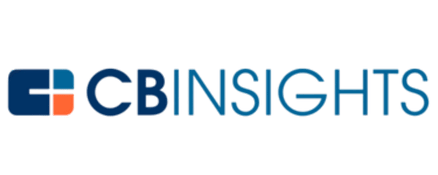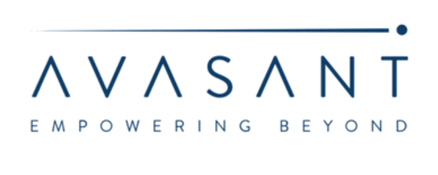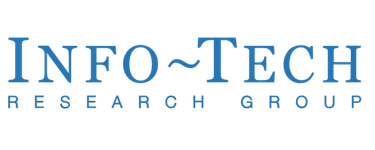Stay Ahead in the Changing Landscape of AI Regulation in 2026
AI is becoming ubiquitous. It brings huge opportunity, but also real risk if not governed properly.
Policymakers around the world are introducing new AI laws and updating existing ones to explicitly expand their scope to AI. At the same time, there is a great deal of uncertainty in the regulatory landscape in major markets like the US and EU.
That’s why we created our State of AI Regulations 2026 eBook. It gives you a clear, simple view of what matters most so you can stay compliant and competitive.
Inside this eBook, you’ll find:
- A global overview of AI regulation, including the EU, US, China, Brazil, South Korea, Vietnam, and more
- The key trends shaping AI law, such as risk-based regulation, transparency, and fairness
- Insights into the most targeted use cases like HR Tech, generative AI, and dynamic pricing
Download the eBook to know the key activity you need to have on your radar in 2026 so you can adopt AI safely and with confidence.
Enterprise AI Governance That Actually Works
Join the organizations that turned governance from a blocker into an enabler. Full visibility, continuous risk testing, and compliance proof — on autopilot.
Get a Demo
Recognized by




